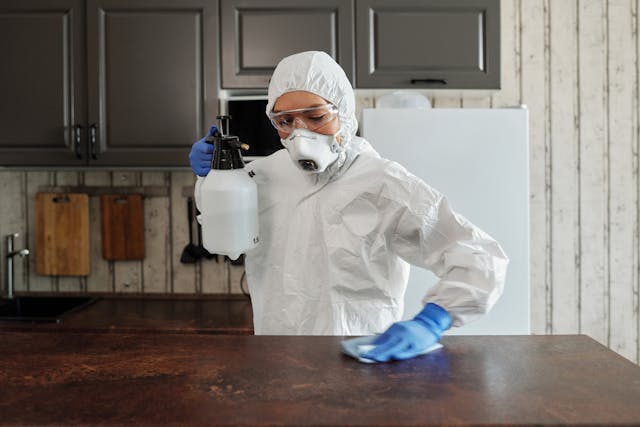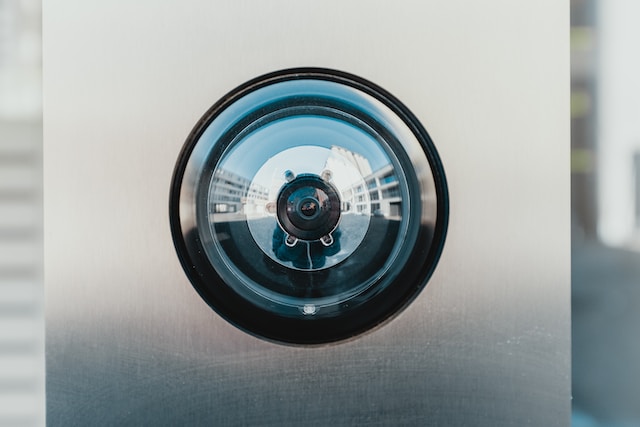Pest control is often underestimated in its importance for businesses, yet its impact can be profound. From small startups to large corporations, pests pose a significant threat to both the reputation and operational efficiency of any business. The presence of pests not only compromises the health and safety standards but also undermines the integrity of products and services offered. Therefore, implementing effective pest control measures is essential for maintaining a conducive and hygienic environment within commercial premises.
The Health Risks Associated with Pest Infestations
Pests such as rodents, insects, and birds carry various pathogens and diseases that can pose serious health risks to employees and customers alike. For instance, rats and mice can contaminate food supplies with their urine and feces, leading to outbreaks of diseases such as salmonella and leptospirosis. Cockroaches are notorious carriers of allergens and asthma triggers, exacerbating respiratory issues in susceptible individuals. Furthermore, the presence of pests like bed bugs can cause discomfort and distress among occupants, affecting their overall well-being and productivity. Thus, prioritizing pest control measures is crucial for safeguarding the health and welfare of all stakeholders involved.
Protecting Property and Assets
Beyond the health implications, pests can also inflict significant damage to property and assets, resulting in substantial financial losses for businesses. Rodents, for example, are notorious for gnawing through electrical wires, causing power outages and fire hazards. Termites pose a threat to the structural integrity of buildings, silently devouring wooden fixtures and furnishings. Additionally, stored product pests can wreak havoc on inventory, rendering goods unfit for sale and leading to inventory losses. By investing in proactive pest control strategies, businesses can mitigate the risk of property damage and preserve their assets for long-term sustainability.
Upholding Regulatory Compliance and Reputation
Maintaining compliance with health and safety regulations is imperative for businesses across industries. Failure to address pest infestations can result in regulatory fines, legal liabilities, and even business closures in severe cases. Moreover, the negative publicity stemming from pest-related incidents can tarnish a company’s reputation and erode consumer trust. Therefore, by partnering with reputable commercial pest control providers, businesses can demonstrate their commitment to regulatory compliance and safeguard their hard-earned reputation. Customers expect businesses to uphold high standards of cleanliness and hygiene, and any lapses in pest control reflect poorly on the brand’s image.
Enhancing Operational Efficiency and Productivity
Pest infestations can disrupt business operations and impede productivity in various ways. For instance, the presence of pests in food establishments may necessitate temporary closures for fumigation, resulting in revenue losses and inconvenience to customers. In office settings, sightings of pests can cause distractions and discomfort among employees, leading to decreased morale and absenteeism. Moreover, the constant need to address pest-related issues diverts valuable time and resources away from core business activities. By implementing proactive pest management strategies, businesses can create a conducive work environment that fosters productivity and employee satisfaction.

In conclusion, the importance of pest control for businesses cannot be overstated. From mitigating health risks and protecting property to upholding regulatory compliance and enhancing productivity, the benefits of effective pest management extend far beyond mere pest eradication. By recognizing pest control as a strategic investment rather than a discretionary expense, businesses can proactively safeguard their interests and position themselves for sustainable growth and success in the competitive marketplace.







